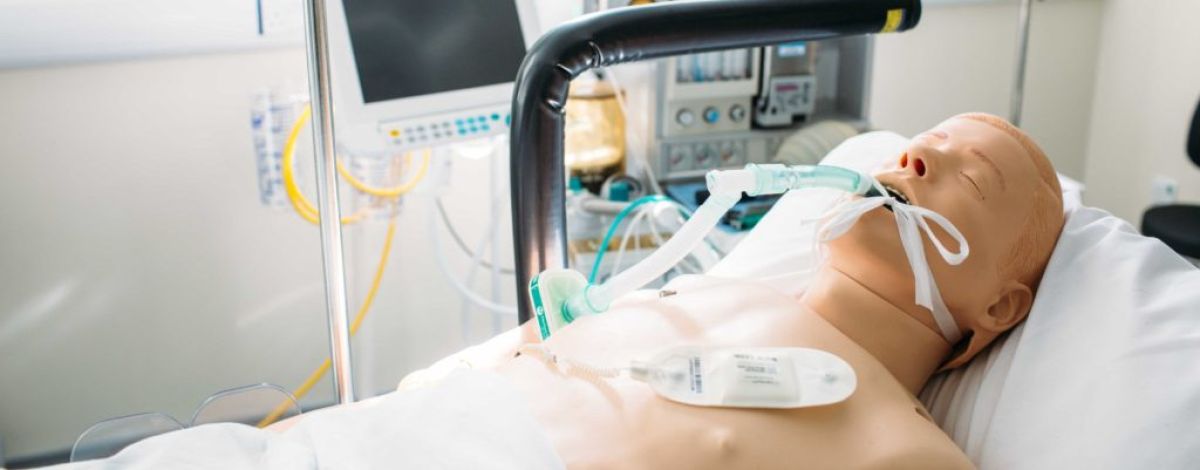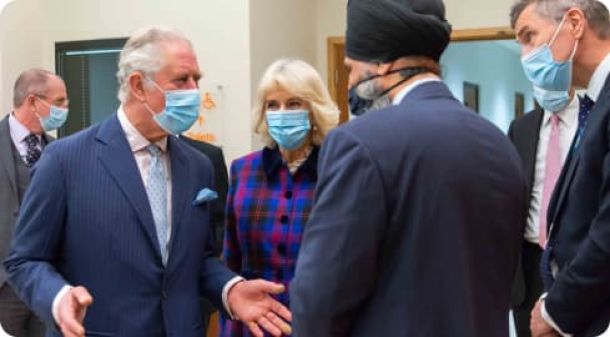
Medtech worth £1.6bn to Midlands economy

Medtech is of critical importance to the Midlands economy, a new report has found.
The report focuses upon the nature and scale of the medtech sector, its contribution to the regional economy, what Midlands businesses need in order to achieve growth, and the barriers faced.
Key findings from the Midlands MedTech Sector Analysis include the following:
- Medtech contributes an estimated £1.6bn in GVA for the region annually
- It is a driver of high productivity, with GVA per worker standing 40% higher than the Midlands average
- There are close to 1,000 MedTech businesses operating in the Midlands – the largest number of medtech companies in any region in the UK
- Midlands medtech employs 23,600 people – the second highest UK region for employment
The report, commissioned by MI Health and supported by the Midlands Engine, was produced by the independent consultancy Hatch Regeneris Ltd.
It states the case for supporting the continued need for a large-scale, fully-integrated approach to medtech across the Midlands, developing existing critical infrastructure and opening new close-to-market opportunities.
Sir John Peace, Chairman of Midlands Engine who funded the study, said: “Medical technologies were identified as a strength of the region in our Midlands Engine Science and Innovation Audit. This new study gives us important information about our medtech businesses and highlights the importance of the sector to our region, including the impressive rate of growth being seen in this sector. Significantly, the report also shines a light on the need for a pan-Midlands approach to supporting our medtech clusters.”
Professor Mark Lewis, Convener of MI Health, said: “This report represents a ‘golden thread’ through an ambitious series of activities that will enhance the Midlands’ reputation as a global player in medtech. This ambition builds upon world-leading regional strengths, such as our outstanding medtech companies, a unified group of research-intensive universities and a network of engaged health and medicine professionals within our NHS Trusts. Our national assets include the £300m Defence Military Rehabilitation Centre, which has been the catalyst for the UK government’s commitment to establish a National Rehabilitation Centre on the same site. Marshalling these opportunities will enable the Midlands vision to be realised.”







